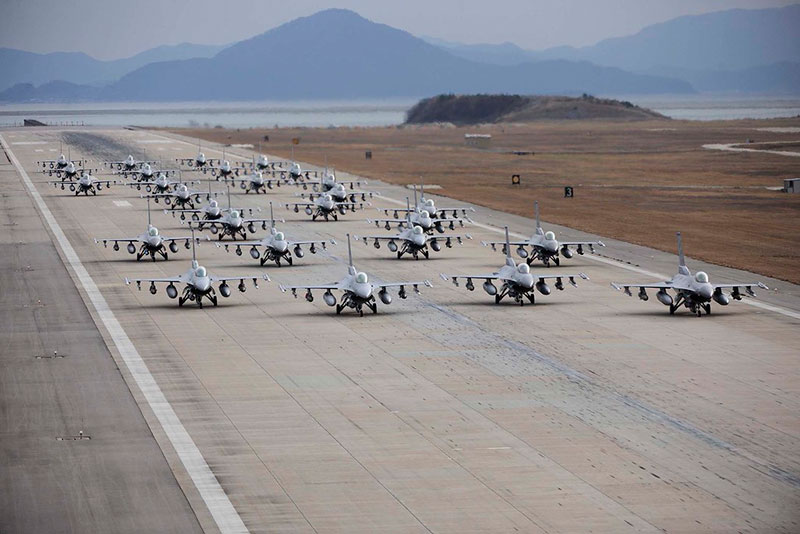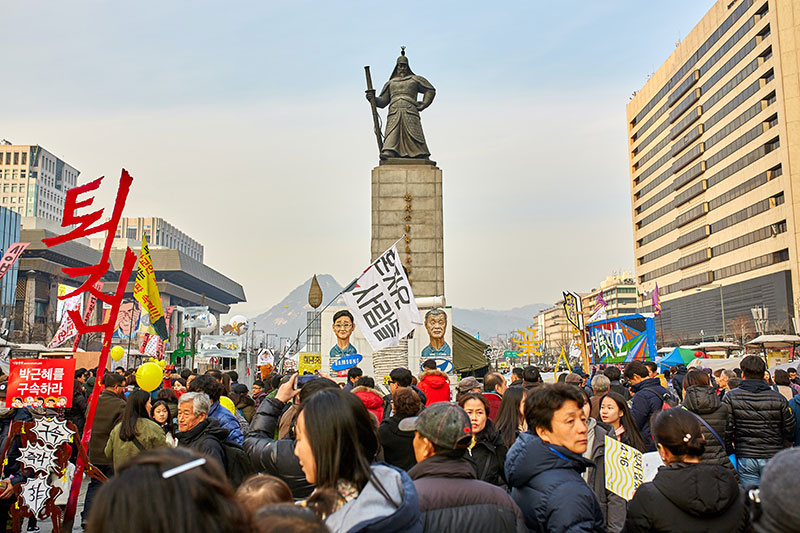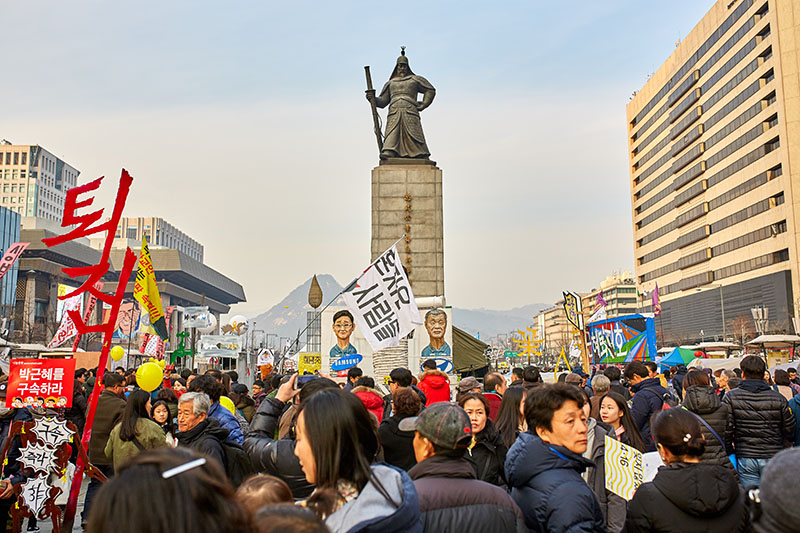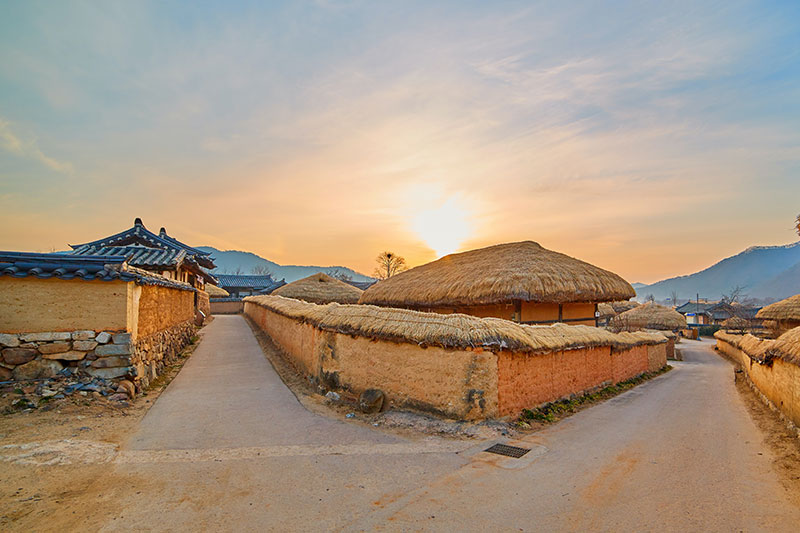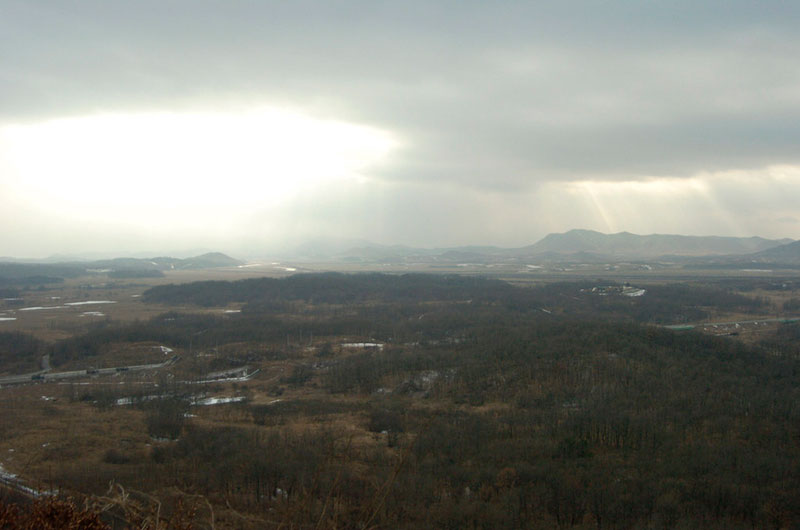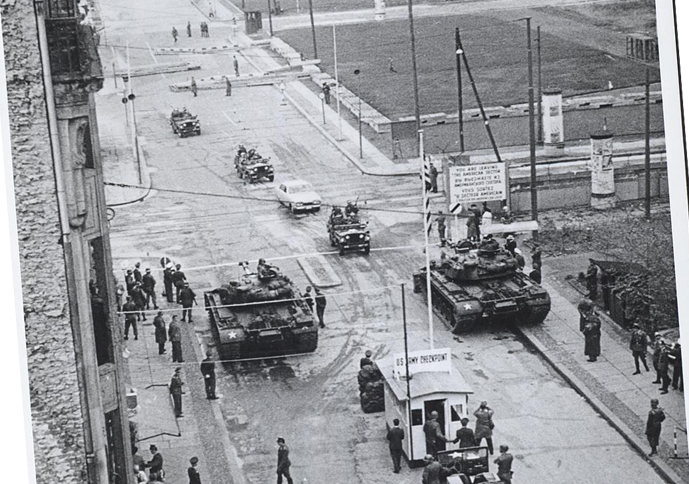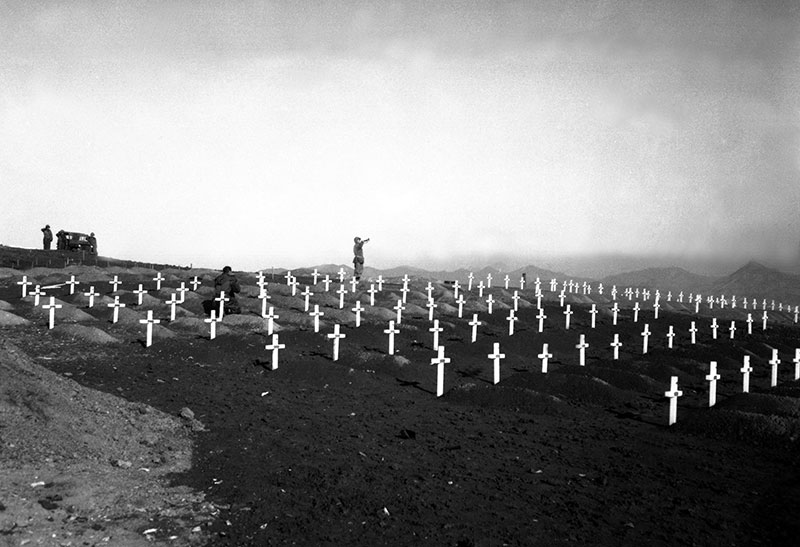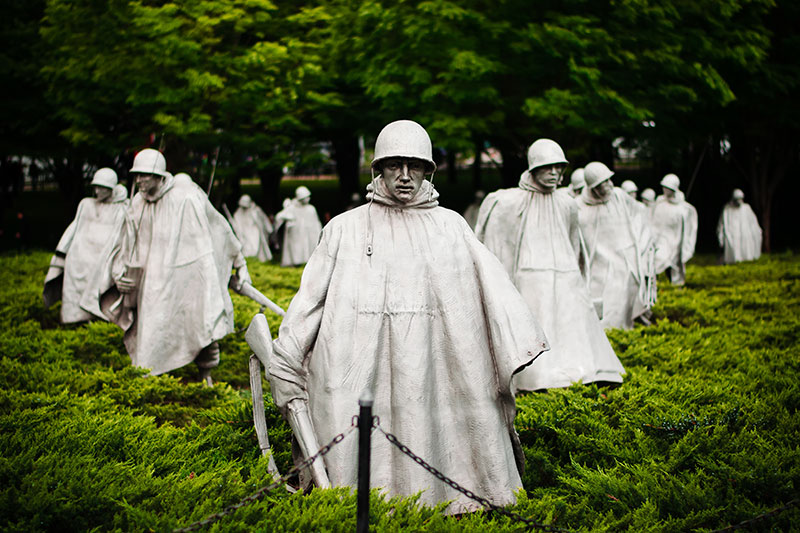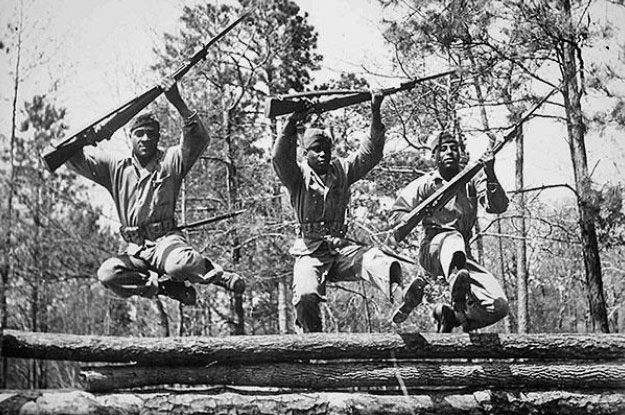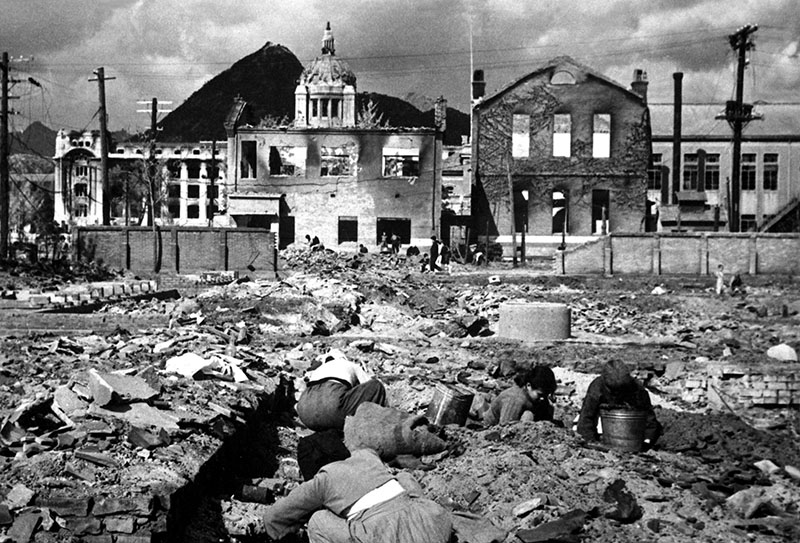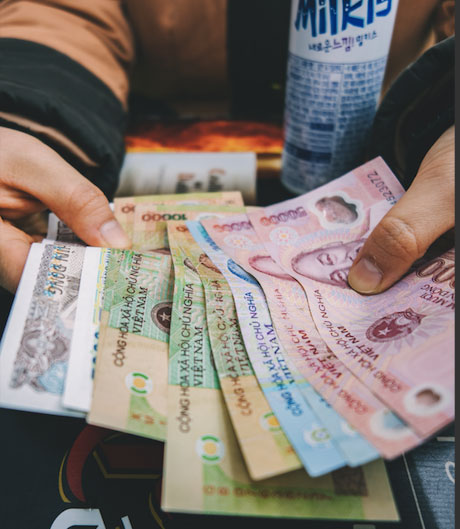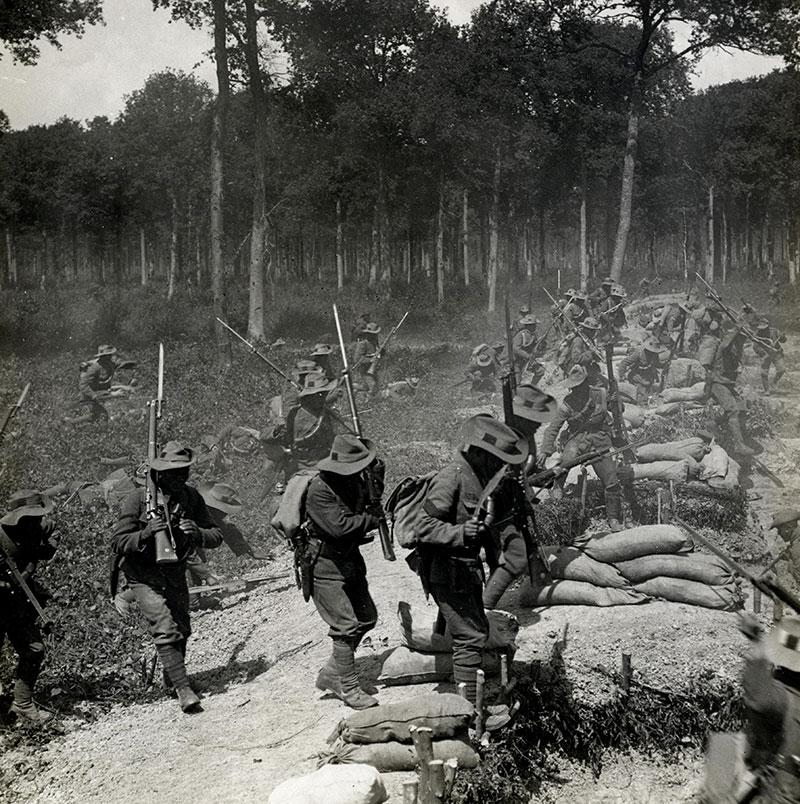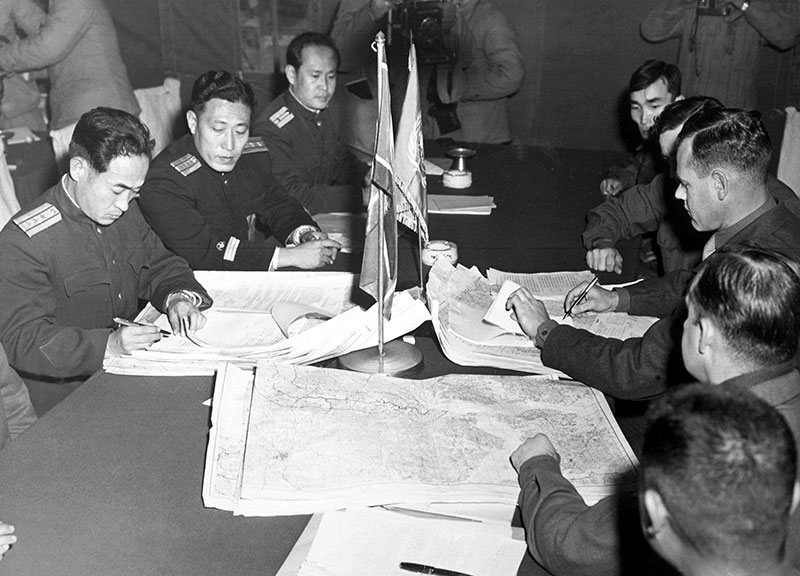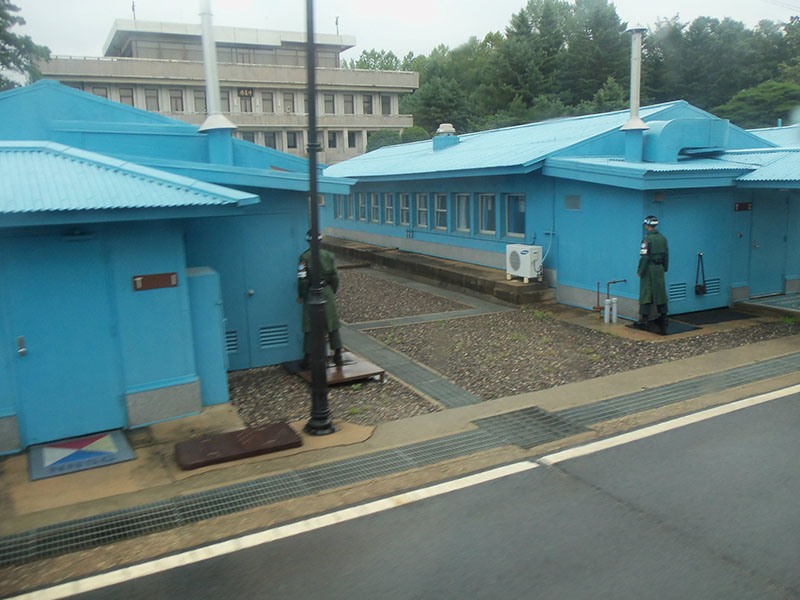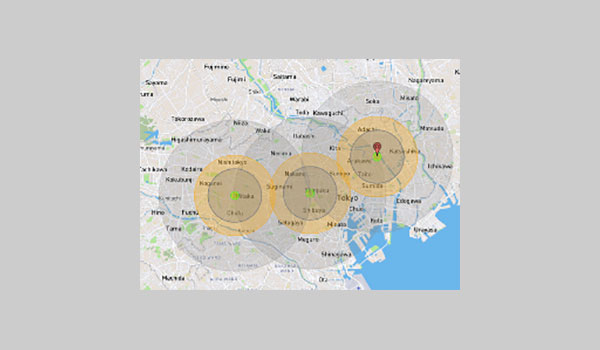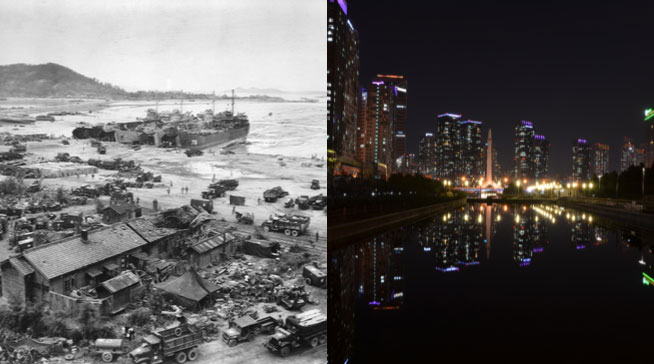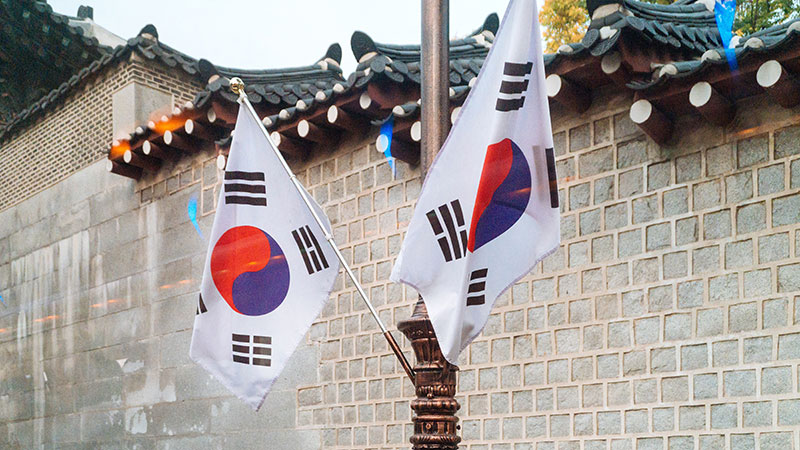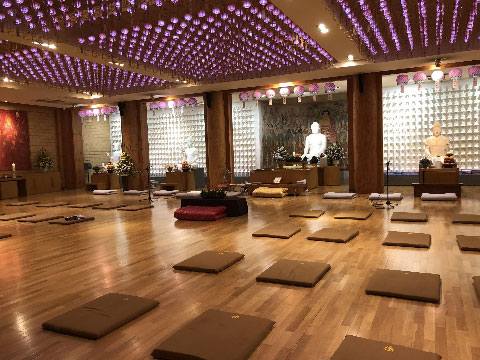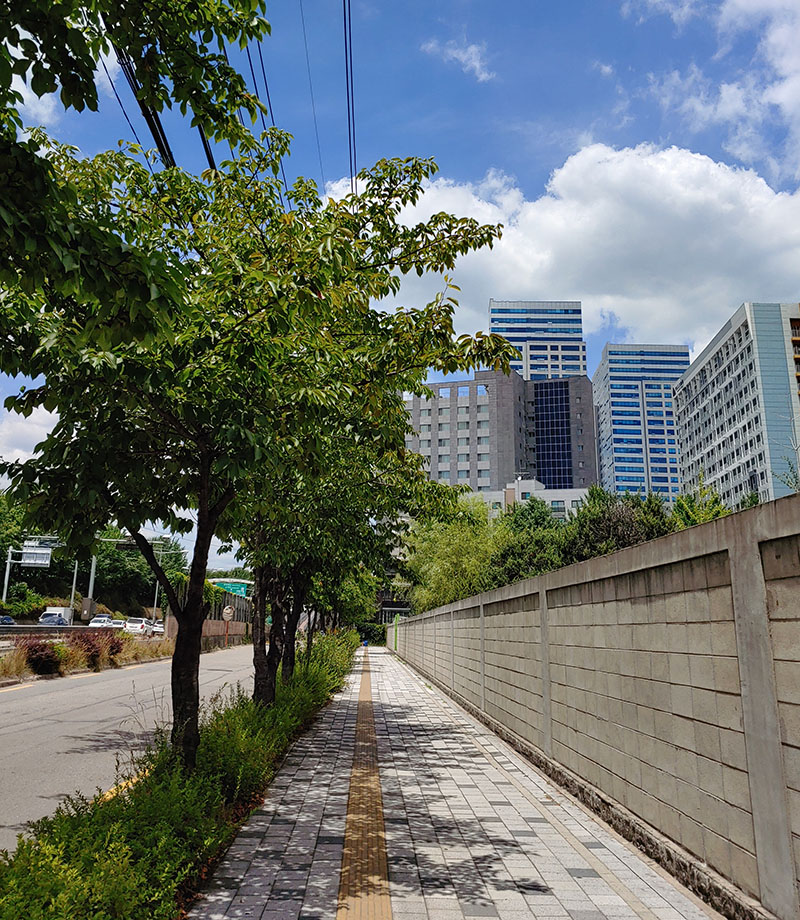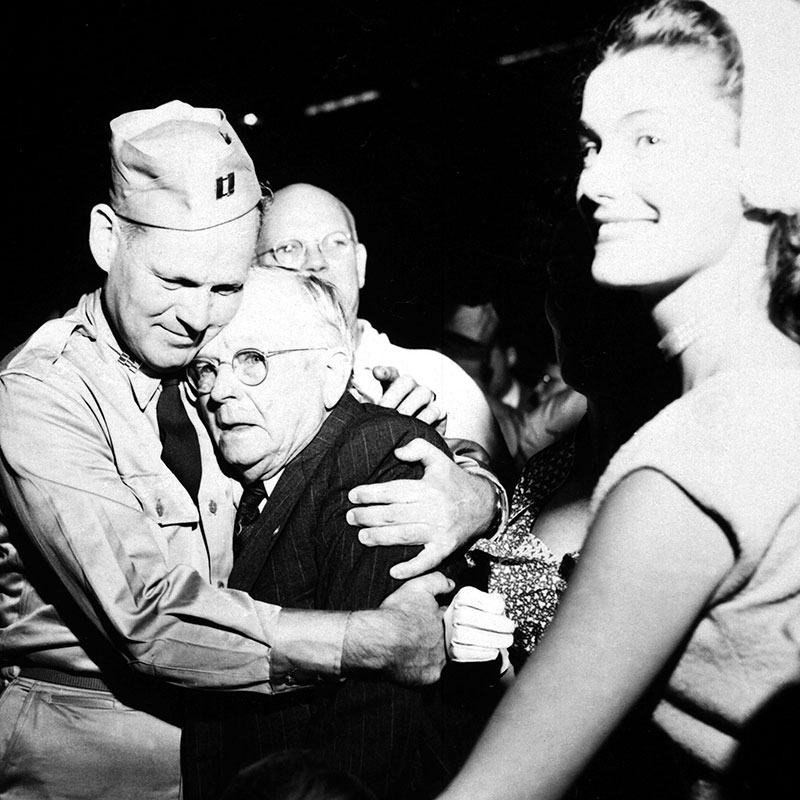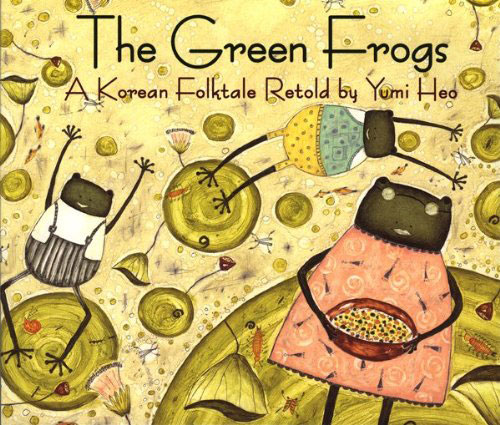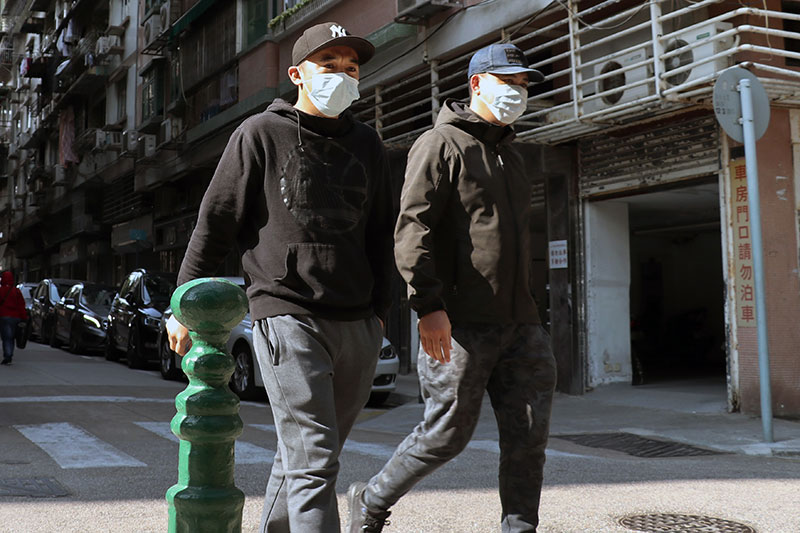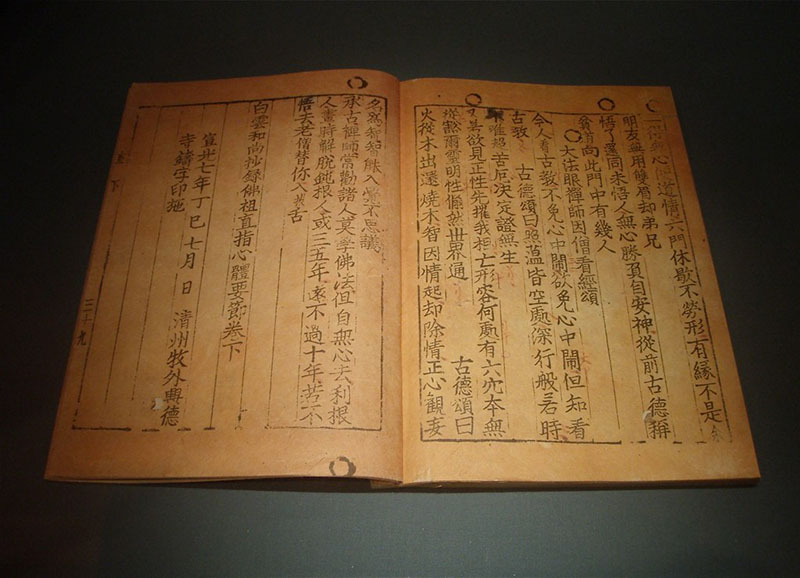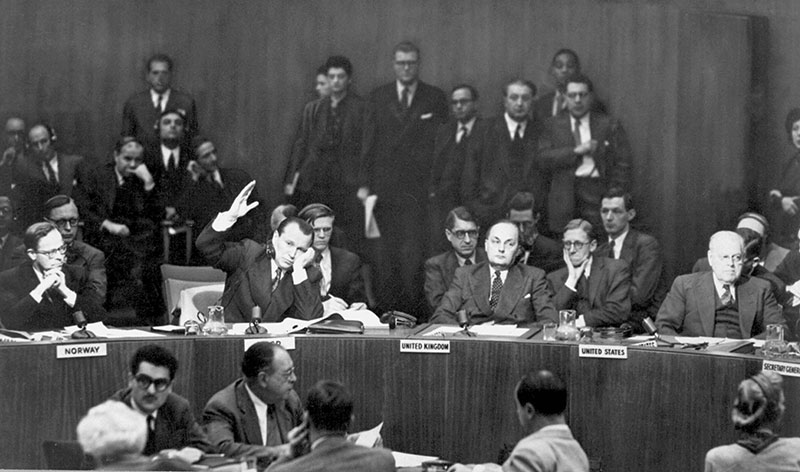At the Robert F. Kennedy Community Schools, a mural ignited a firestorm of debate. The mural depicts the history of the school site, which was formerly home to the historic Ambassador Hotel. The background design of the mural is a series of red rays radiating outward. Local Korean organizations wrote letters to the school district, demanding that the mural be taken down, as it looked too much like the Japanese imperial flag. The artist claimed that the background design was not intended to evoke that history, and that it was a common design motif used in art. The school district agreed to paint over the mural, but the teachers and artist fought back, on the grounds of creative freedom and censorship. After enough pressure from a prominent artist, the district backed down. In this lesson, students will read statements put out by various groups, to learn more about the competing issues at play. They will read about Korea’s history under Japanese rule, compare and contrast the mural and Japanese imperial flag, read about the censorship concerns, and develop a solution that is grounded in factual evidence.
Download:
PDFWord
Author: Isabel Morales
Grades: Secondary (9-12)
Time: Two 60-minute periods
Participation Year: Fellowship 2018
Skills: Analysis
Topics: Art, Japanese Occupation




